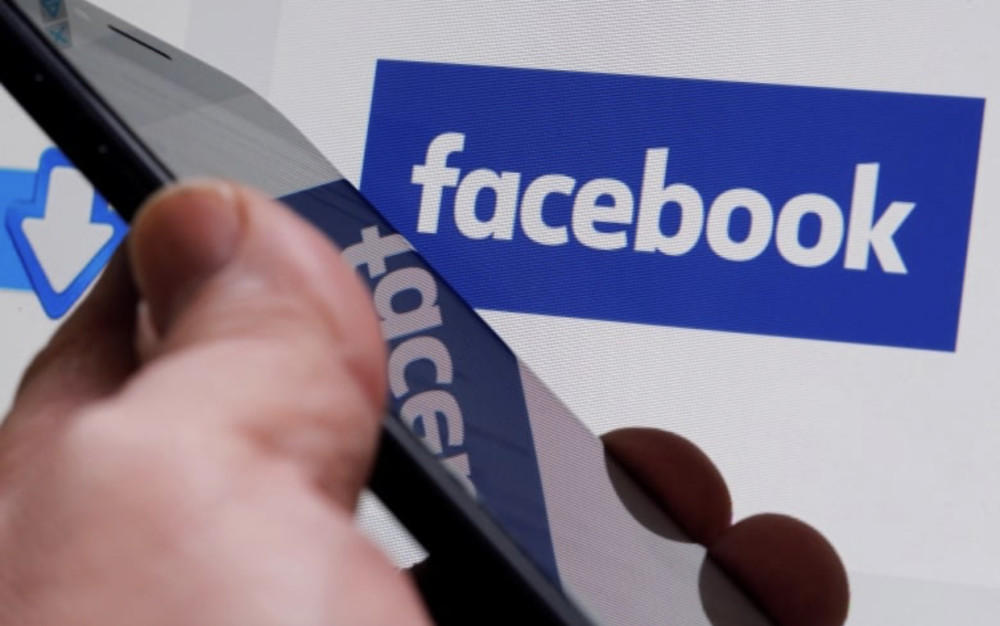By Levi Sumagaysay
Mercury News
WWR Article Summary (tl;dr) A new study reveals older folks shared more fake news during the 2016 election. More than 11 percent of people over age 65 shared links from fake news sites, compared with 3 percent of those ages 18 to 29.
Mercury News
Amid continued concerns about the online sharing of disinformation, a new study about fake news during the 2016 election shows who was most likely to share it on Facebook: seniors and conservatives.
Researchers from Princeton and New York University said in a study published Wednesday in the journal Science Advances that sharing of fake news on Facebook by users of the social network was “quite rare” (8.5 percent of those surveyed), but that those who did share fake news were older, regardless of political affiliation.
“Following research in sociology and media studies, it is possible that an entire cohort of Americans, now in their 60s and beyond, lacks the level of digital media literacy necessary to reliably determine the trustworthiness of news encountered online,” the researchers wrote. They also suggested that according to cognitive and social psychology, “memory deteriorates with age in a way that particularly undermines resistance to ‘illusions of truth’.”
More than 11 percent of people over age 65 shared links from fake news sites, compared with 3 percent of those ages 18 to 29.
When political affiliation was taken into account, the most frequent sharers of fake news were conservatives and Republicans, according to the study. Eighteen percent of Republicans shared fake news, compared with 3.5 percent of Democrats who did so. In addition, those who identified themselves as conservative or very conservative shared more stories from fake news domains than those who identified themselves as moderate, liberal or very liberal.
“Conservatives may have shared more fake news stories than liberals because most fake news sites offered pro-Trump or anti-Clinton content, aimed specifically at Republicans and conservatives,” wrote researchers Andy Guess, assistant professor of politics and public affairs at Princeton University, and Jonathan Nagler and Joshua Tucker, professors of politics at NYU, in an explanation of their research in the Washington Post.
With support from the National Science Foundation, the researchers conducted waves of surveys during the 2016 U.S. elections. Afterward, respondents were asked whether they would share with researchers their timeline posts on Facebook.
About 1,300 respondents agreed to do so. The researchers defined fake news as “knowingly false or misleading content created largely for the purpose of generating ad revenue,” and relied on lists of fake news domains generated by journalists and academics.
The spread of disinformation on Facebook appears to continue. The social networking giant said this week it is investigating whether a left-leaning group backed by Democratic donor and tech entrepreneur Reid Hoffman misled right-leaning voters during the midterm election.














































































































































































































































































































































































